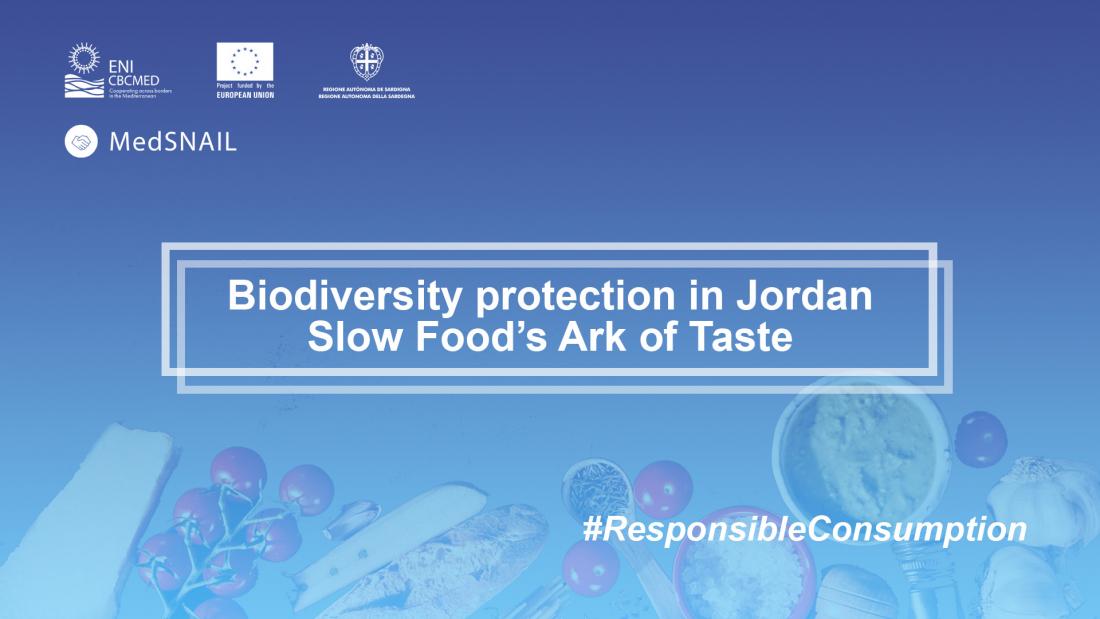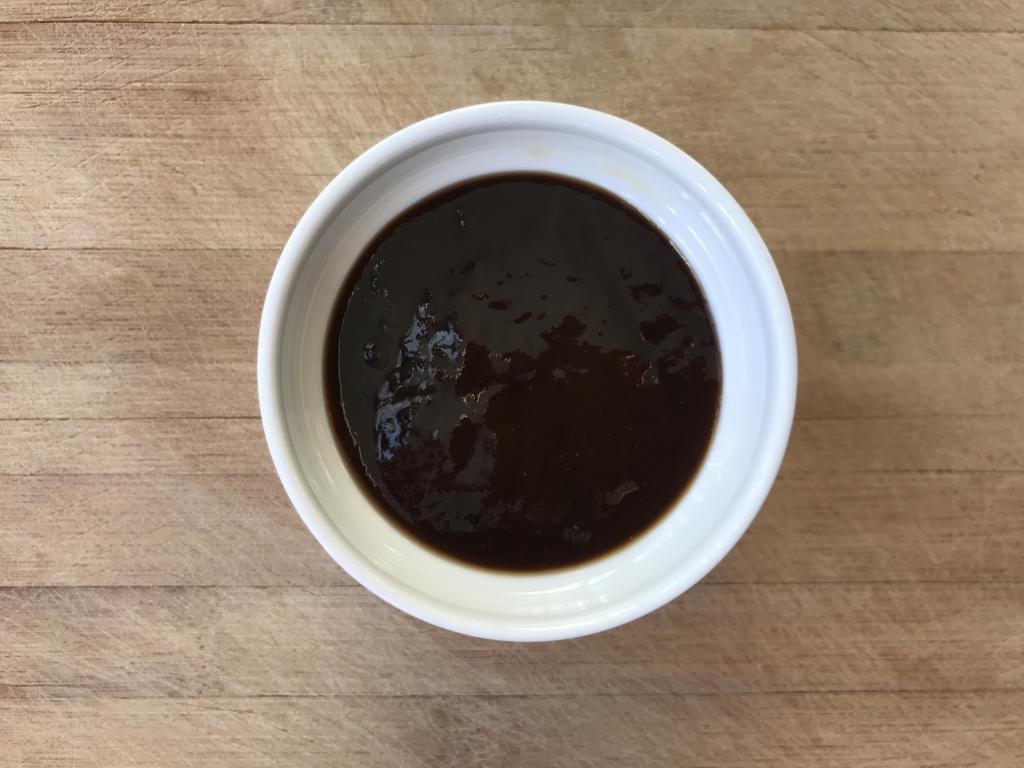MedSNAIL in Jordan protects the biodiversity of some food products through the Slow Food’s Ark of Taste program

Jordan is a country of exceptional biodiversity. It offers ecosystems of great variety: from pine-covered mountains to lush valleys, from swamps and oases to the kaleidoscopic underwater world of the Red Sea. To this end, a number of expertly managed nature reserves have been established to minimize negative impacts on these habitats and protect Jordan's rare species of flora and fauna.
But if we talk about food, is there the same attention?
Very often, in fact, when we talk about biodiversity, we talk-rightly-about red fox or desert lynx or particular plants of the local flora, but we often forget that even what we put on the table can be a key piece of biodiversity to be safeguarded.
And to safeguard it, food biodiversity often has to be brought to the table, consumed, and shared.
The aim of the MedSNAIL project is to tackle these issues by fostering the valorization and development of small-scale traditional agro-food value chains, combining enhancement of market potentialities and socio-environmental sustainability. Project activities build on the well-established experience, principles and methods of Slow Food, an international grassroots organization promoting traditional food with a strong focus on biodiversity preservation.
In this framework, the Slow Food Ark of Taste is the perfect tools: an online catalogue of products at risk of extinction that invites everybody to take action.
In Jordan in particular, MedSNAIL partner Women for Cultural Development (Namaa) has done a careful job of mapping local food and wine, bringing as many as eight products on board the Ark of Taste. In this article, we will present 3 of them.
The products that met the Ark of Taste criteria are of various kinds, but sweets and baked goods predominate.
As, for example, baseesah, a sweet traditionally made during the wheat harvest and cold winter days. This type of sweets encompasses the food heritage of the area of intervention, as it is based on the local population’s main available resources; roasted wheat and whole-wheat flour, the local butter and ghee that are produced from their sheep and goat milk, infused with a mixture of wild herbs’ flowers and plants, to the olive oil pressed from their ancient trees. This dessert captures the food identity and heritage of Al Balqa in the north of Jordan. Unfortunately, the knowledge and tradition of making this dessert declined dramatically and it is restricted to the elders. During the field interviews, locals stated that they no longer make this sweet, as the younger generation is not keen on eating it.
Other products are the Grape Molasse and Carob Molasses. The first one is a reduction of grape juice, considered to be one of the first sweeteners, along with sugar and honey in the Middle East and Mediterranean regions. The second is a product obtained from the fruits of carob tree, a tree that dates back to ancient times in the area. According to interviews with producers and elders in Al Balqa, the production of carob molasses goes back in history as long as they can remember, as it is a tradition that was passed to them from older generations. Nowadays the production of these molasses is very minimal, the knowledge and production has declined dramatically in the area, they are prepared by few locals that still have this knowledge and skill only for their own home consumption.

Traditional biodiversity hides so many stories as well as profound richness. It is crucial to save it, but there is still a long way to go. So, we have set ourselves an ambitious goal: to board products from all over the Mediterranean region on the Ark, tracking them down in MedSNAIL pilot areas (Tunisia, Jordan, Spain, Lebanon, Palestine and Malta).
To see all the Jordan product on board, click here.
To nominate a product click here.







